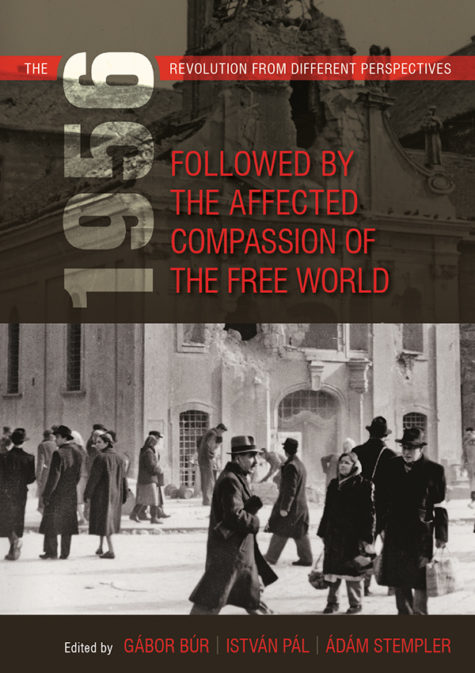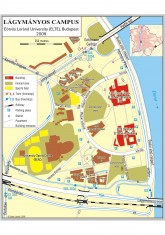A tartalomból:
In the spheres of international diplomacy, politics and economics during the second half of the twentieth century, Hungary, in and of itself, came to be seen as a relatively insignificant state within the “Soviet Zone”. However, among the attempts at liberation made by nations within the zone of Soviet influence, the greatest impact and media response was achieved by the 1956 Hungarian Revolution, which marked an unmistakable peak in the West’s attention to Hungary. Yet even then, Hungary did not become important exclusively in her own right, but rather because of her position along the coordinates of power politics in a bipolar world. This international attention makes the study of the Hungarian Uprising an especially worthwhile subject for those of us engaged in research in world history. From time to time, especially on the occasion of a meaningful anniversary, we gather to present our latest findings arising
from formerly unknown sources or resulting from novel modes of approach. This is how our collection of essays, Followed by the Affected Compassion of the Free World. The 1956 Revolution from Different Perspectives, came into being. It was preceded by the symposium organized by István Pál, editor of the present volume, in November 2021 at ELTE, with the collaboration of colleagues from other institutions. This event generated considerable public interest in Budapest and aroused lively debate among specialists, creating the impetus to make the edited and revised versions of the presentations available in English, further refined along viewpoints that emerged in the course of the debates. The preparation of the English texts
was made possible by the Mecenatúra (MEC_21) grant and also by the new editorial board of the periodical Öt kontinens [Five Continents], who agreed to include these essays in a special issue. Simultaneously, the contents became accessible via Open Access digital format in the Magyar Elektronikus Könyvtár (Hungarian Electronic Library) as well as in the Central and Eastern European Online Library. The structure of this volume, and the order of the essays chosen from the presentations at the symposium, is based upon geographic and geopolitical distances. Miklós Mitrovits examines the 1956 uprising from up close, from within the political system as viewed from socialist Poland along the perspectives of Polish-Hungarian relations. The next essay, by Gábor Andreides, takes a look beyond the Iron Curtain and focuses on the vantage from Rome and the activities of Italian diplomats posted in Hungary. The authorial pair of Abdallah Al-Naggar and Zoltán Prantner deals with the influences and reception of the Hungarian events of ’56 in the Arab world, while Gábor Búr accomplishes the same task for Africa, and Ágnes Judit Szilágyi for Brazil. The final two essays in our volume refer to the period after the uprising in the chronology of events, and consider an especially important issue of that period, namely the situation of refugees. Gusztáv D. Kecskés examines the worldwide diaspora of Hungarian refugees, focusing on the various relief actions coordinated by
the U.N. The final, and longest, essay, co-authored by István Pál and Gyula Hegedüs, considers themes arising during the late 1950s. The last three studies share a common interest in publishing primary historical sources. The Brazilian one is largely devoted to summarizing the various sources in the printed news media, while Gusztáv D. Kecskés pays express attention to U.N. documents. The special significance of the closing essay is due to its size and methodological character, since it is mainly based on a broad range of documents from the Historical Archives of the Hungarian State Security. In general, it may be said that the present book calls attention to previously unpublished portions of archival materials, contemporary press reports, diaries and memoirs, thereby introducing fresh documentation to the active knowledge base on the 1956 Revolution. Our volume may be profitably read by specialists as well as
interested members of the general reading public.
Letöltés
Tipp
Az ingyenes feliratkozás menüpontban pár kattintással beállíthatod, hogy az egyes kiadványokhoz, sorozatokhoz tartozó új megjelenésekkor e-mailen automatikusan értesítést kapj.








